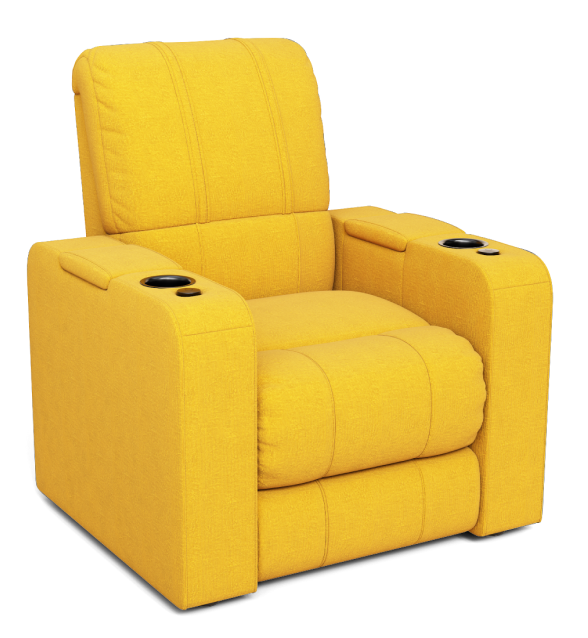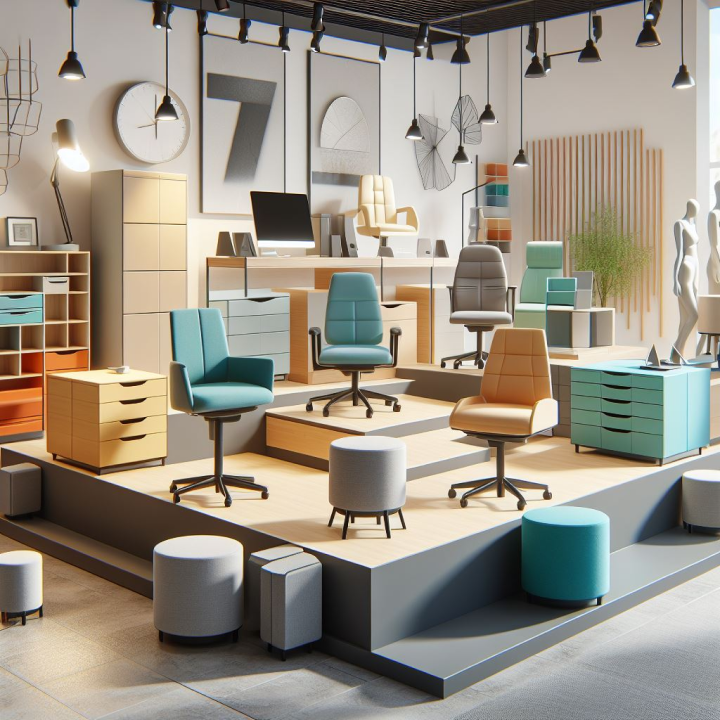Returns account for 15% to 40% of all ecommerce sales.
New advancements in ecommerce technology are revolutionizing the way customers shop online, by providing an experience as close to the in-store experience as possible. One of the key ways we are achieving this is by leveraging the power of augmented reality (AR) technology in our ecommerce business. By allowing buyers to visualize products in their own environment, we are empowering them to make more informed purchase decisions and significantly reducing return rates. This is a major concern for retailers as Shopify has discovered that retailers who employed 3D AR visualization tactics saw a 40% decrease in returns. With this technology, we have a powerful tool to enhance the customer experience and reduce the number of returns.
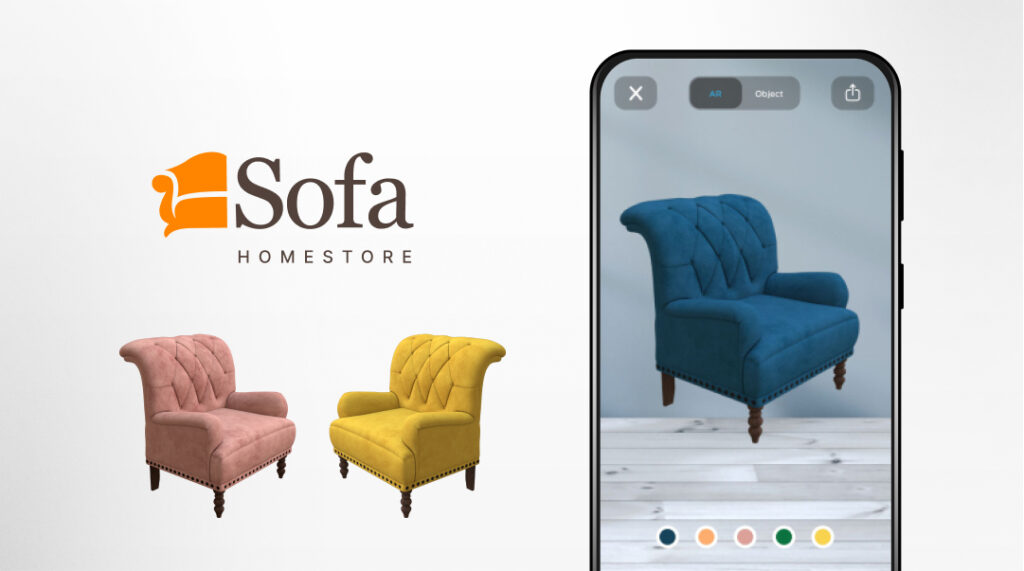
Making use of augmented reality in ecommerce
In the realm of ecommerce, the majority of AR technology is offered through the company’s website or through mobile applications for smartphones or tablet PCs. Customers may use their phone or tablet camera to view an actual place and see how a product would fit in it.
Take, for example, a piece of furniture. AR technology may show a buyer how a couch they’re interested in will fit inside a room, allowing them to avoid the uncomfortable and costly error of acquiring an item that’s too large for a certain place. They may also use the technology to digitally stage a snapshot of a space, allowing them to see how different pieces might go together.
Let’s have a look at two of the best-in-class D2C firms are leveraging AR technology to enhance the consumer experience:
Warby Parker’s Virtual Try-On
For years, Warby Parker, the D2C eyeglasses business, has provided a home try-on service, allowing clients to try on a few different pairs of glasses before committing to a purchase. However, they have recently complemented this with a Virtual Try-On service that employs augmented reality to allow customers to “try on” glasses via the brand’s mobile app. Customers may try on several frame options and use their cameras to check how the glasses appear on them.
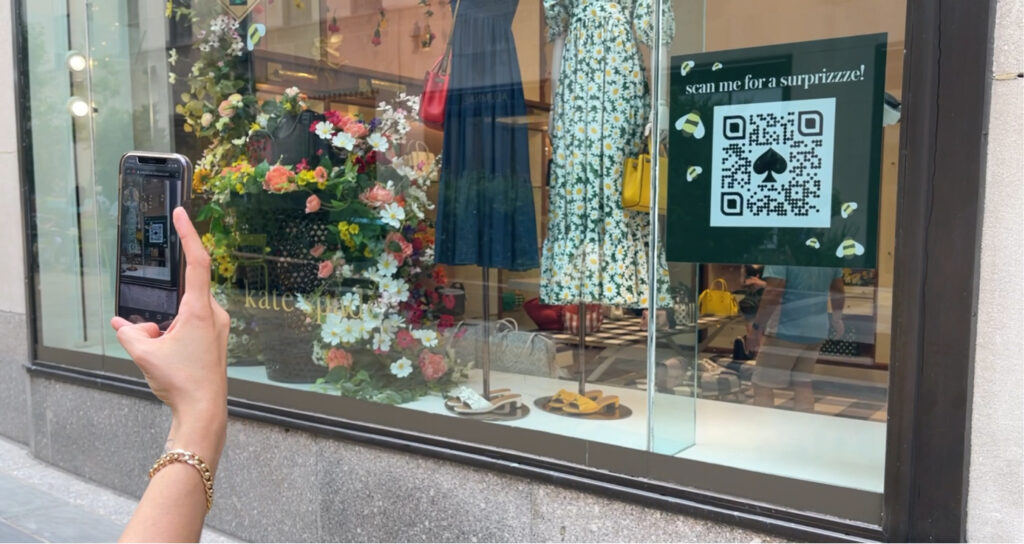
Home Depot’s AR Product Viewer
Home Depot got its time perfect, releasing AR features in its app and mobile website only months before the epidemic struck and buyers shifted largely from physical shopping to ecommerce. The app allows customers to select a specific Home Depot product and utilize a 3D visualizer to see how it would appear in their own area, or to select a paint color to see how it would look on their walls. The visualizer has shown to be an effective tool for influencing sales.
Using augmented reality technology to enhance sales and decrease returns
By providing your consumers with tools that assist them comprehend what a product looks like in a real-world setting—whether that’s lip gloss on their lips or a light in their living room—they’ll be more involved in the purchase when it comes time to make a purchase.
Customers that connect with AR tools have a 19% boost in customer engagement and a 94% rise in discussion rates, according to retailers who employ AR technology.
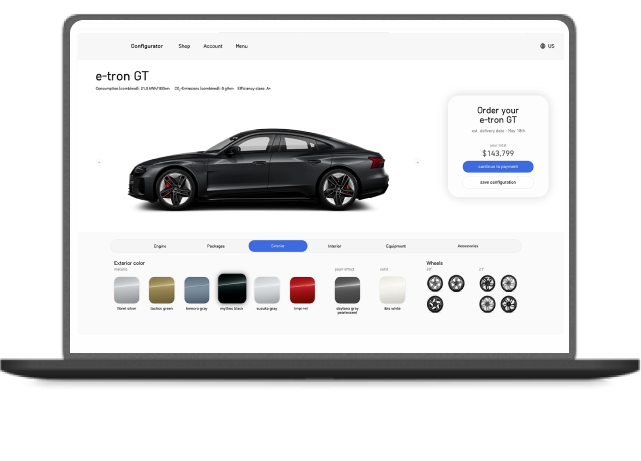
Tulfa keeps you up to date on the latest in eCommerce
If you own an eCommerce business, you’re surely aware of how challenging it is to engage consumers and increase sales. So, where do you begin?
Speak to us. We’ve created a comprehensive suite of creative solutions that allow you to adjust the proportions, texture, and even colors of your product offering to make it more appealing to today’s customer. We’re excited to work with you on the next chapter of your brand’s journey. Please contact us at hello@tulfa.com.

